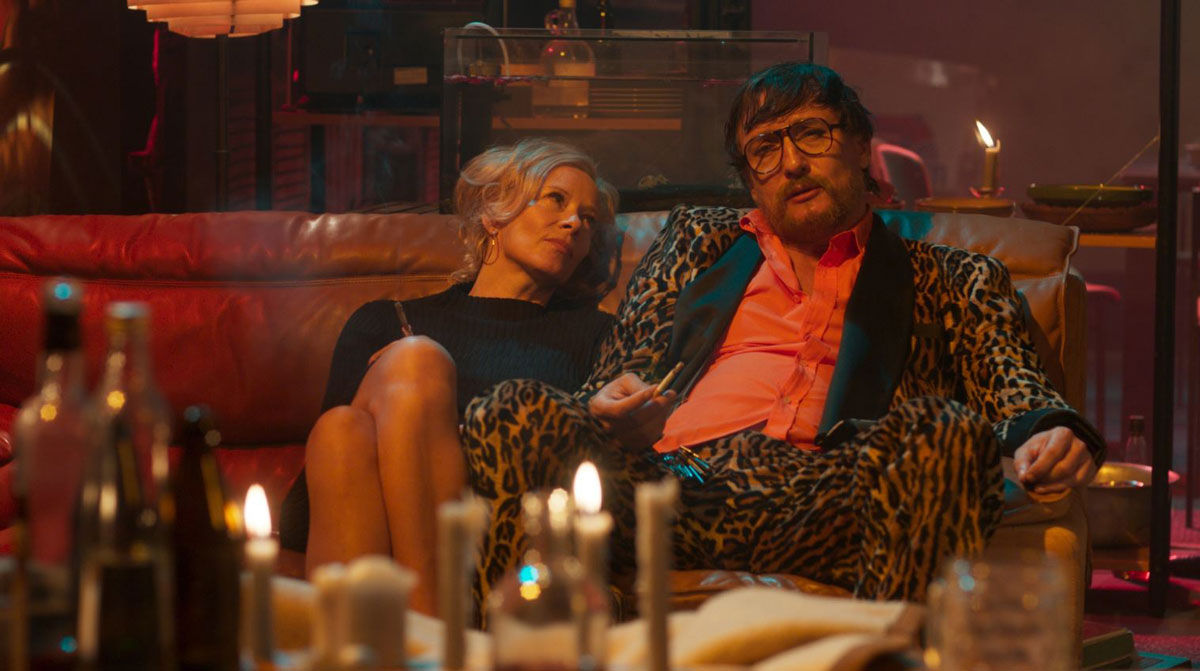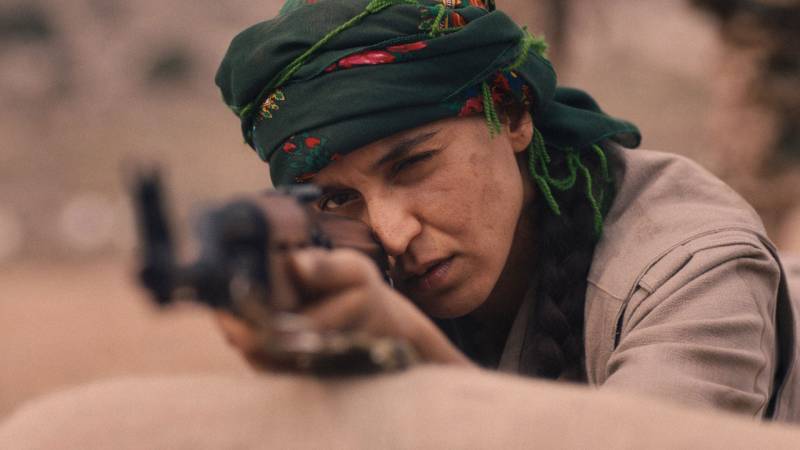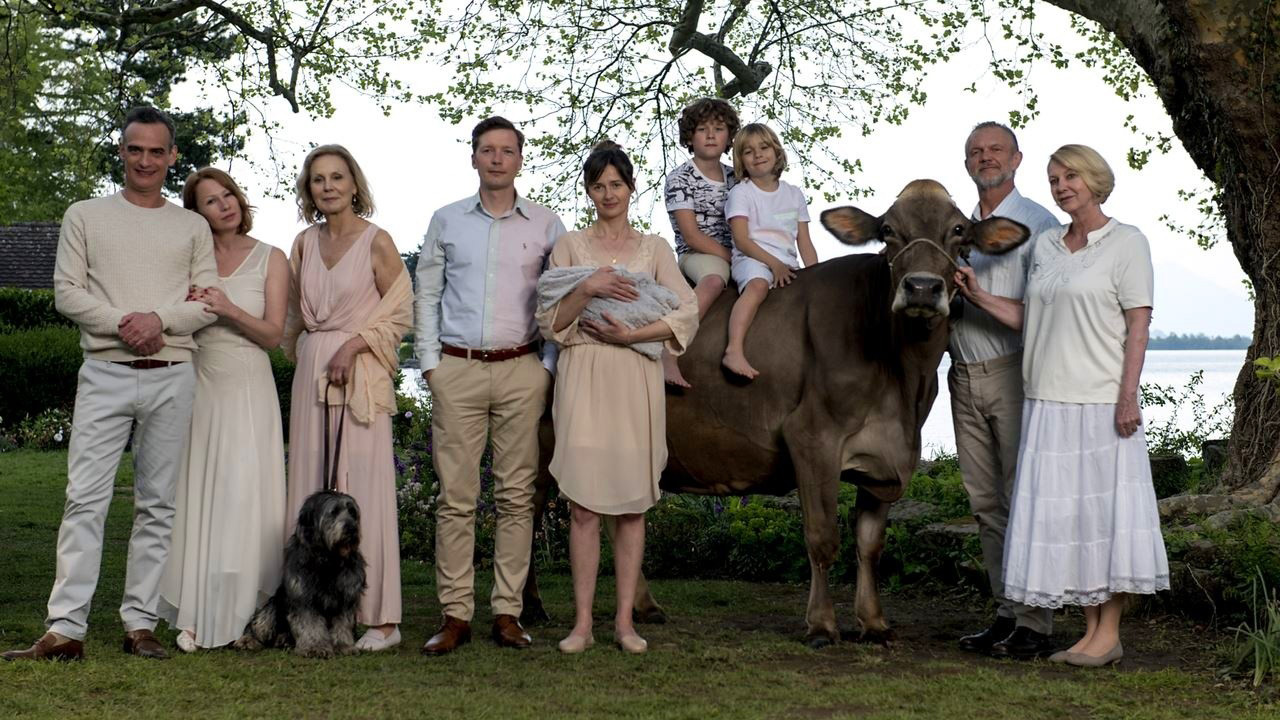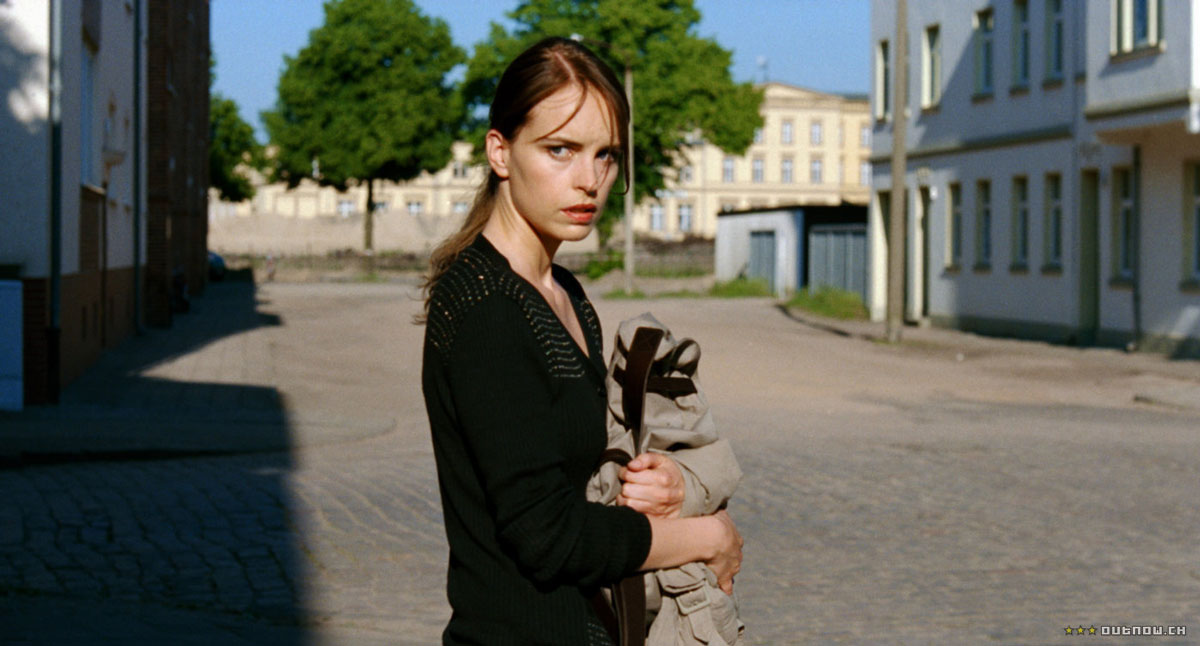Back in the mid-’90s, when Goethe-Institut San Francisco cultural director Ingrid Eggers launched the Berlin & Beyond Film Festival, the two cities shared global artistic reputations for thrilling innovation and fearless transgression. Cultural moments and movements pass, of course, and we can see in retrospect that Eggers’ splendid conception coincided with the ending of an era rather than its peak.
Although the fall of the Wall released pent-up energy from the East, Berlin was no longer the thrilling underground music, fashion and film hub it had been in the ’80s. San Francisco’s artist community, meanwhile, was devastated by AIDS and staggered by rising real estate prices about to be turbocharged by the dot-com boom.
Still, Berliners and San Franciscans shared a palpable affinity that encompassed the Beats and the hippies, Fassbinder and Wenders, Nico and Nina Hagen. The Haight and North Beach teemed with German tourists in those days, and in January the Castro buzzed with bundled-up, black-clad locals catching the new drama with heartthrob Moritz Bleibtreu or the latest provocation by Rosa von Praunheim.

The breadth of Berlin & Beyond, which launches its 25th edition May 25 with the cross-border drama Sisters Apart at the Fort Mason Drive-In, isn’t surprising given that Germany’s film industry is one of the largest in Europe. But you won’t find past years’ fringy, edgy films in the festival, continuing online through May 30 with a May 29 sortie to the Vogue for Christian Petzold’s modern-day fable Undine and the centerpiece selection, Burhan Qurbani’s contemporary riff on Alfred Döblin’s 1929 novel Berlin Alexanderplatz.
I suppose Oskar Roehler’s raw biopic Enfant Terrible, featuring Oliver Masucci’s award-winning performance as the omnivorous, exploitative and relentless theater and film savant Rainer Werner Fassbinder, will shock some cloistered viewers. Although there’s little to admire about Fassbinder’s leather-jacketed brand of abuse (including self-), his refusal to compromise is greatly missed these days.




